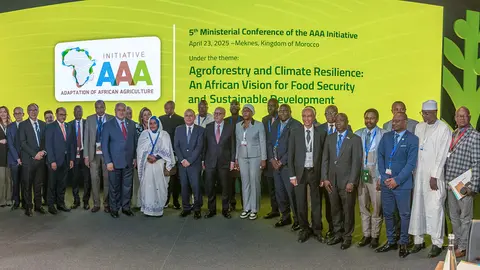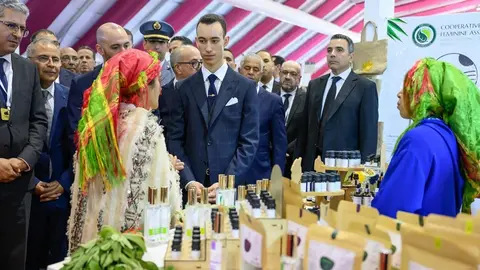Sustainability and South-South cooperation, the keys to sustainable development of Africa's food system
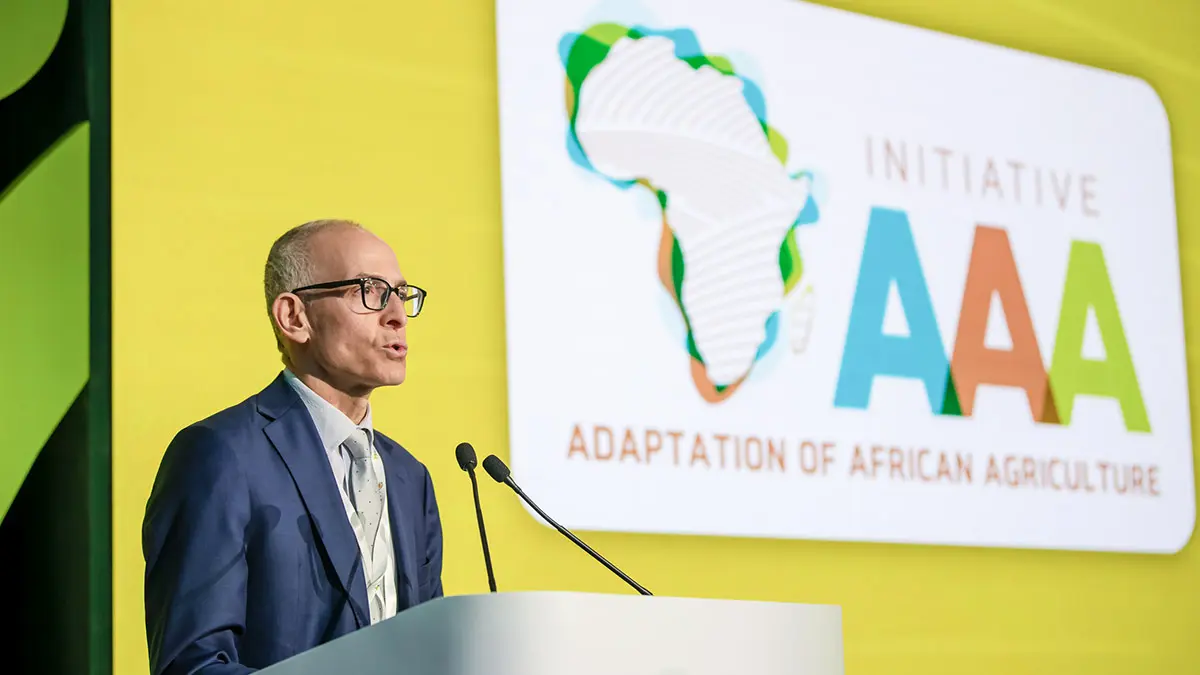
- Recommendations for a resilient agri-food system
- Towards a common continental framework for monitoring and evaluation
- Morocco shares its experience with other countries in the South
On the sidelines of the International Agricultural Fair of Morocco, which took place recently in Meknes, the Moroccan city also hosted the 5th Annual Ministerial Summit of the AAA Initiative on 23 April 2025. Its title was ‘Agroforestry and climate resilience: an African vision for food security and sustainable development’.
This annual ministerial conference is the main political platform that brings together African ministers of agriculture to define the broad strategic guidelines of the AAA Initiative (Adaptation of African Agriculture), with the aim of strengthening it in the face of climate change, a major challenge for the continent's economic and social development.
Recommendations for a resilient agri-food system
Faouzi Bakkaoui, scientific director of the AAA Foundation, stressed that ‘this ministerial summit represents a decisive step towards a unified African approach’ and that ‘the time has come to transform scientific evidence into political will and concrete impact on the ground’, listing the following recommendations:
- Consolidate the position of the AAA initiative as a central pillar of food system resilience and climate change mitigation.
- Invest in climate services and early warning systems, especially in areas threatened by drought, to support farmers' decision-making and protect rural communities from losses due to natural disasters.
- Mobilise innovative financing mechanisms tailored to agroforestry, such as climate adaptation funds, biodiversity credits, carbon markets and blended finance.
- Facilitate smallholders' access to long-term financial instruments tailored to the maturity cycle of systems.
- Strengthen rural advisory systems and capacities by investing in specific training on agroforestry for farmers, extension agents and young people.
- Empower women and local communities as key actors in the transition to regenerative agriculture.
- Guarantee access to land for smallholders, especially in areas designated for agroforestry development.
- Support sustainable investment in tree planting and landscape restoration.
- Sustain research and innovation to improve the selection of climate-resilient fruit species.
- Develop quality plans and strengthen intercropping models.
- Generalise the use of precision agriculture tools or artificial intelligence to optimise water and input use.
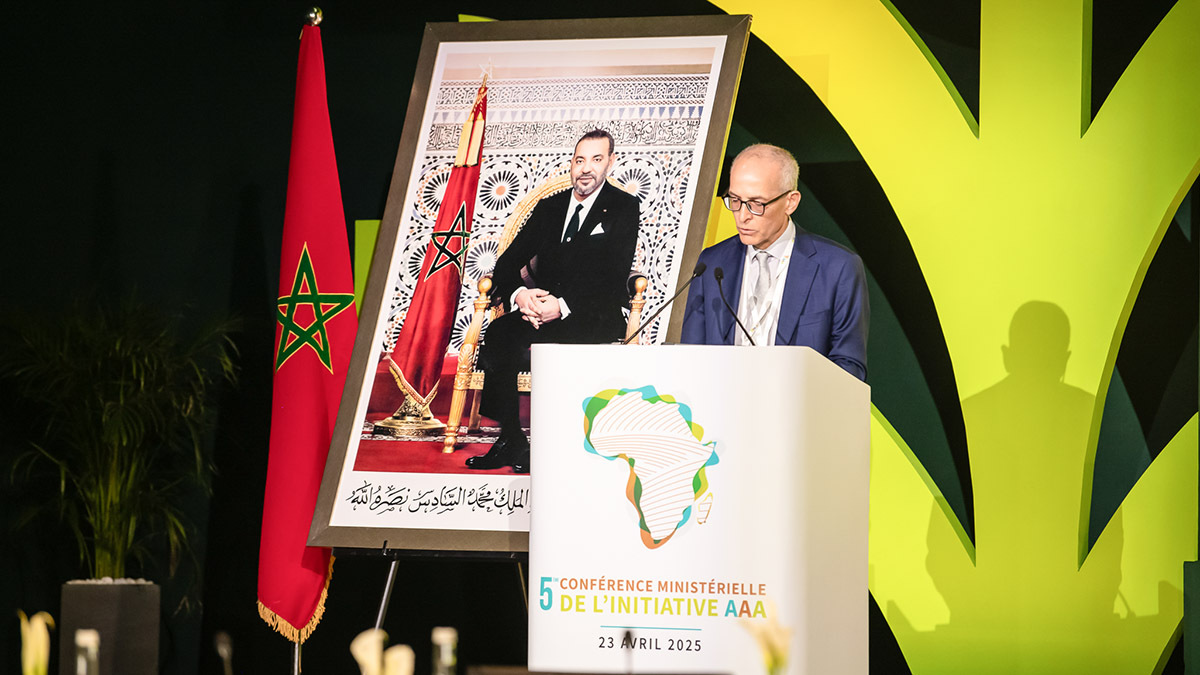
Towards a common continental framework for monitoring and evaluation
Shenggen Fan, member of the Scientific Committee of the AAA Foundation, emphasised the importance of establishing a continental framework for monitoring and evaluating the results of agroforestry, based on scientific adaptation indicators. This will enable African countries to monitor progress, report on their policies and mobilise international funding based on measurable results.
The Chinese expert urged the involvement of young people and the creation of green jobs, positioning agroforestry as a driver of rural employment and entrepreneurship through support for value chains related to fruit, wood and carbon, as well as promoting the transformation, marketing and development of local businesses.
In the context of COP30 in Brazil, the Scientific Committee places particular emphasis on the importance of strengthened international cooperation to support the African vision of agroforestry as a strategic solution for adaptation, resilience and sustainability.
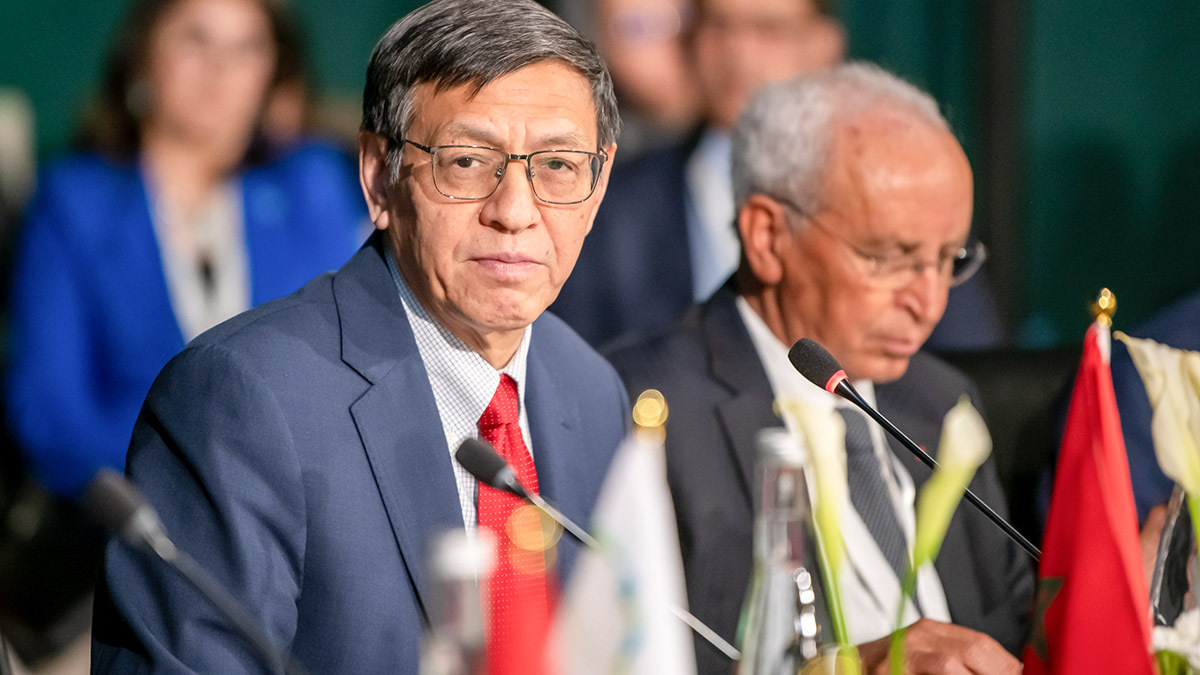
Fan highlighted the role of governance and national leadership in defining the vision and strategy for all food systems and introducing rules and regulations to help transform the food system.
‘The challenge is financing, and one of the solutions is good governance, so that ministries work together to establish a high-level coordination system for the challenges we face in our own countries,’ explained Shenggen Fan.
‘In China, we have begun to promote and upgrade the Central Committee on Agriculture to become a National Committee on Food System Transformation to include the health and nutrition dimension,‘ he added.
‘I believe that biotechnology is now at stage 5 for livestock feed, which aims to create variety through artificial intelligence to accelerate processes by four to five times,’ concluded the AAA Foundation member.
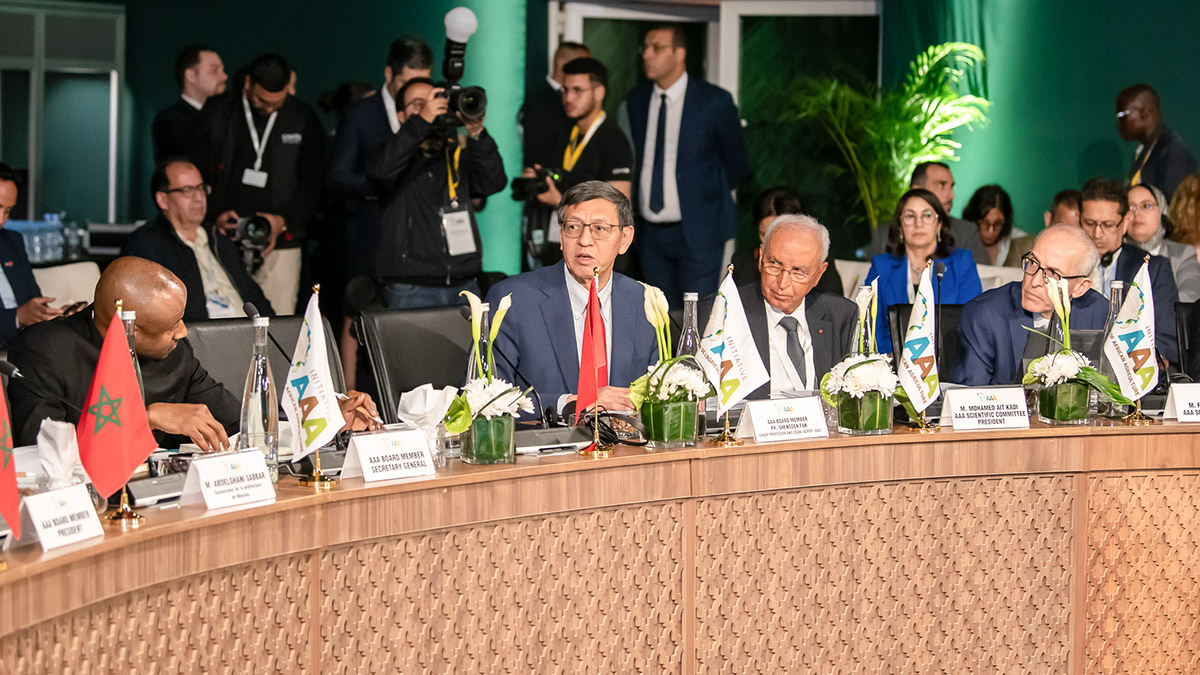
Morocco shares its experience with other countries in the South
The Chinese official highlighted the importance of promoting South-South cooperation and regional platforms for sharing good practices, successful experiences and replicable agroforestry models, especially in arid and semi-arid areas.
In this context, in collaboration with the FAO and through the Regional Academy, Morocco, according to the same expert, is able to contribute its experience in agriculture to other countries in the South. This would be a unique opportunity because some countries are now moving away from global development commitments.
‘It is the countries of the South, in Africa, Asia and Latin America, that must work together to address these challenges; and this is where South-South cooperation is needed to share knowledge, data and useful information for the improvement of the sector,’ Fan stressed.
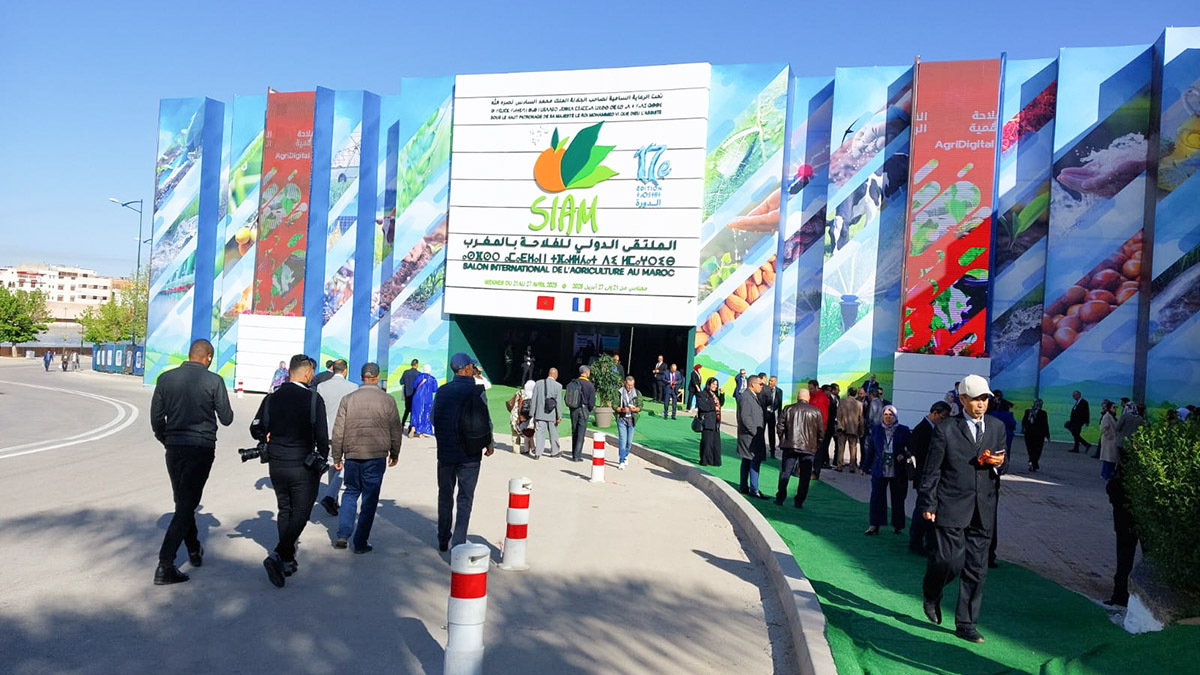
In this vein, some countries such as Russia, Brazil, China, South Africa and India have the financial resources and capacity, and all of them must work together with other countries in the South to ensure that the food system can withstand the shocks of climate change, geopolitical changes, tariffs and medical and health crises.
Shenggen Fan urged the international community to support the real AAA initiative as key to South-South cooperation, and called for the consolidation of fruitful cooperation between China and African countries in order to carry out this transformation of the food system on the African continent.

